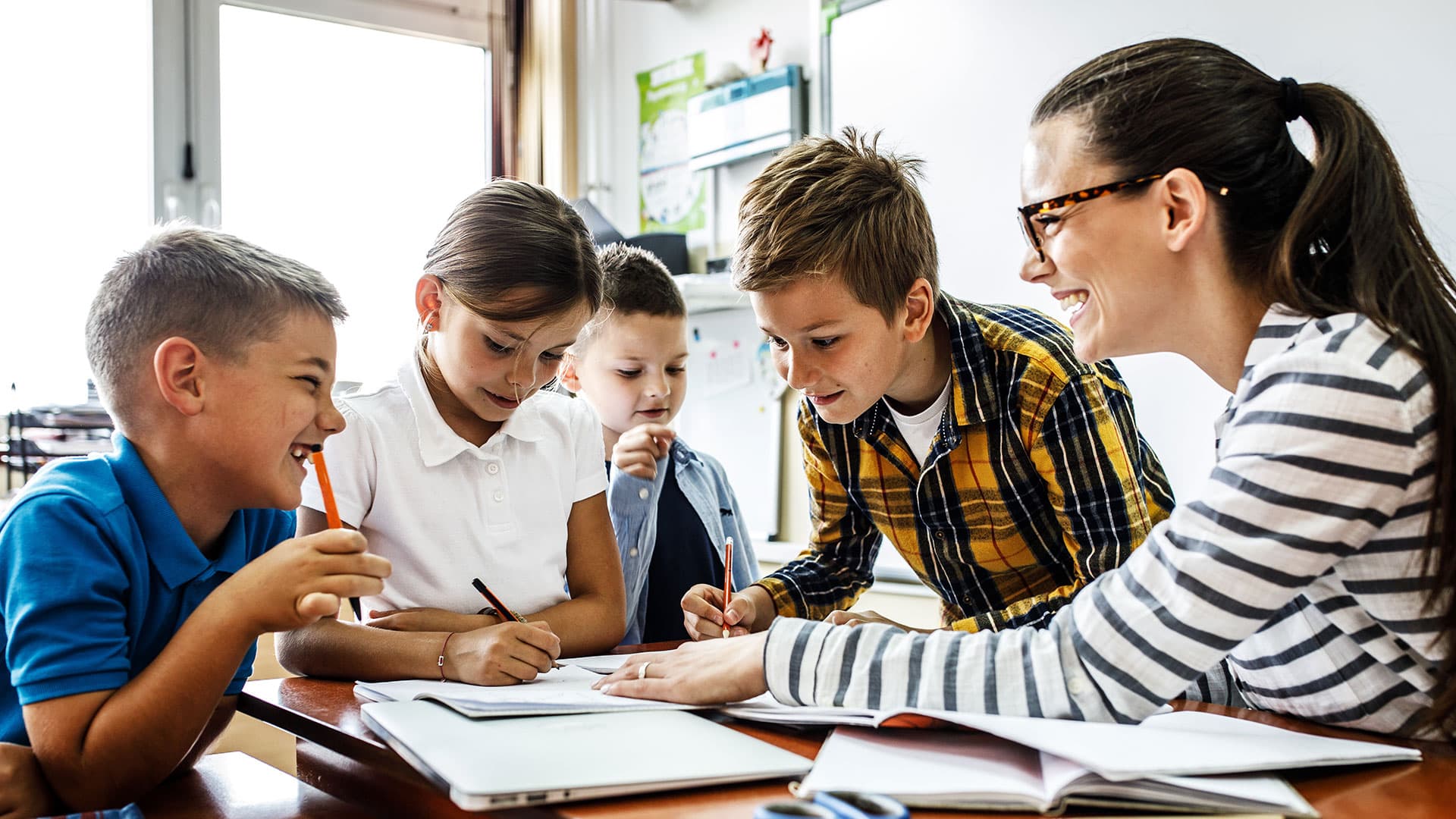
The importance of teaching values to young learners
Values in education
The long years children spend at school are not only about acquiring key knowledge and skills. At school, children also learn to work together, share, exchange opinions, disagree, choose fairly, and so on. We could call these abilities social skills as they help children live and flourish in a wider community than their family circle.
Social skills are not necessarily the same as social values. Children acquire social skills from all kinds of settings. The tools they use to resolve problems will often come from examples. In the playground, children observe each other and notice behavior. They realize what is acceptable to the other children and which strategies are successful. Some of the things they observe will not reflect healthy social values.
Part of a school’s mission is to help children learn social skills firmly based on a shared set of values. Many schools recognize this and have a program for education in values.
What values are we talking about?
Labeling is always tricky when dealing with an abstract concept such as social values. General ideas include:
- living in a community, collaborating together
- respecting others in all of human diversity
- caring for the environment and the surroundings
- having a sense of self-worth.
At the root of these values are ethical considerations. While it may seem that primary education is too early for ethics, children from a very young age do have a sense of fairness and a sense of honesty. This doesn’t mean that children never lie or behave unfairly. Of course they do! But from about three years old, children know that this behavior is not correct, and they complain when they come across it in others.
In the school context, social values are too often reduced to a set of school rules and regulations. Typical examples are:
- 'Don't be late!'
- 'Wait your turn!'
- 'Pick up your rubbish!'
- 'Don't invent unkind nicknames'.
While all these statements reflect important social values, if we don’t discuss them with the children, the reasoning behind each statement gets lost. They become boring school rules. And we all know that it can be fun to break school rules if you can get away with it. These regulations are not enough to represent an education in values.
School strategies
At a school level, successful programs often focus on a specific area of a values syllabus. These programs involve all members of a school community: students, teachers, parents, and administrative staff.
Here are some examples of school programs:
Caring for the environment
Interest in ecology and climate change has led many schools to implement programs focused on respect for the environment and other ecological issues. Suitable activities could include:
- a system of recycling
- a vegetable garden
- initiatives for transforming to renewable energy
- a second-hand bookstore.
Anti-bullying programs
As bullying can have such serious consequences, many schools have anti-bullying policies to deal with bullying incidents. However, the most effective programs also have training sessions for teachers and a continuous program for the children to help them identify bullying behavior. Activities include:
- empathy activities to understand different points of view
- activities to develop peer responsibility about bullying
- activities aimed at increasing children’s sense of self-worth.
Anti-racism programs
Combating negative racial stereotypes has, until recently, relied mainly on individual teacher initiatives. However, as racial stereotypes are constructed in society, it would be useful to have a school-wide program. This could include:
- materials focusing on the achievements of ethnic minorities
- school talks from members of ethnic minority communities
- empathy activities to understand the difficulties of marginalized groups.
- study of the culture and history of ethnic minorities.
As children learn from observed behavior, it’s important that everyone in the school community acts consistently with the values in the program.








